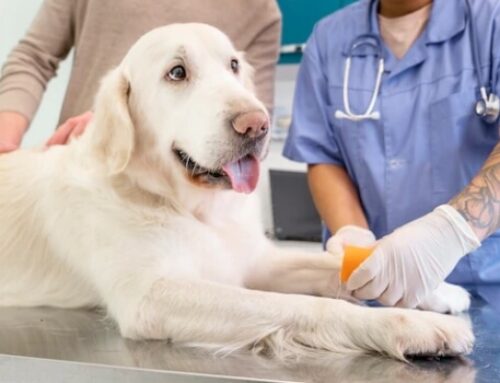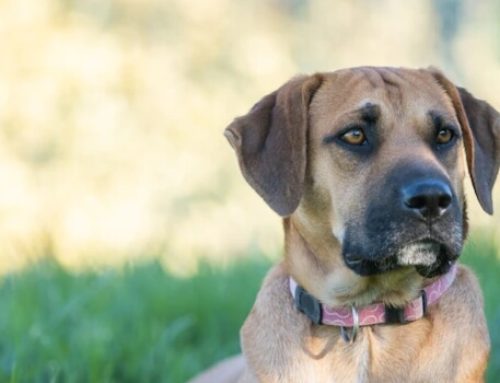If you think your dog snoozes far more than you do, you’re right. Canines sleep about 11 hours per 24-hour day, which is significantly more than most human adults. Understanding your pup’s sleeping needs can help you ensure their well-being. In rare cases, changes in these habits can indicate a health issue that may warrant a trip to the veterinarian. Find out more in the guide below.
A Guide to Canine Sleeping Habits
How Much Sleep Is Considered Normal for Dogs?
In general, dogs sleep if they’re bored and have nothing better to do. This is natural for carnivorous animals that would traditionally spend their waking hours hunting food; any downtime would be used to rest and digest the meal. However, domesticated pups are fed by their owners, so they snooze most of the day and night. While sleeping a lot is normal, you don’t want your dog to suffer from extensive inactivity, which can cause obesity and other issues.
Keeping your pooch active during the day also makes it easier to match their sleep schedule to your own, allowing you to enjoy an uninterrupted night’s rest. Take pups for walks and play with them while the sun is up. If you have daytime work obligations and can’t engage with them directly, provide them with a puzzle toy, ball, or stuffed animal to keep them busy.
When Is Sleeping “Too Much” a Problem?
If your dog sleeps too much, they may become lethargic, fatigued, and unwilling to play. You may notice changes in their sleep habits, such as difficulty waking up in the morning or waking up suddenly in a state of fright or stress. In some cases, snoozing too frequently can interfere with eating and drinking, also impacting urination or defecation. Sleep changes may also result in behavioral problems, like increased aggression.
If you notice any of these situations, consult a veterinarian. They can rule out the possibility that changes in sleep habits are related to a health issue. In some cases, canine anxiety, hypothyroidism, and hyperadrenocorticism are possible related issues. However, your dog may simply be slowing down due to old age. A veterinarian can run diagnostic tests to determine if the amount of time a pup spends dozing off is problematic.
If you’re worried that your dog is sleeping too much, turn to the team at Wards Corner Animal Hospital. Our clinic in Loveland, OH, serves residents throughout Cincinnati. Resident veterinarian Dr. Timothy Henehan has been practicing for over 35 years and puts his patient’s needs first, even offering house calls. Call (513) 683-2883 to schedule an appointment.




